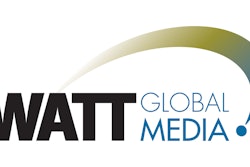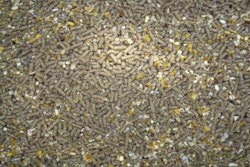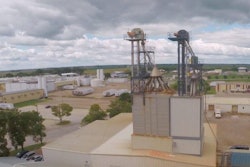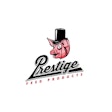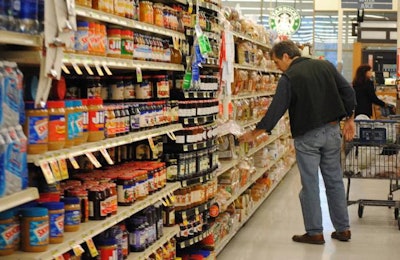
The animal feed industry plays a huge role in the global challenge to feed the world’s 9 billion people by 2050, and the 5th Global Feed and Food Congress (GFFC) will focus on ways to achieve that goal.
The theme of the 2016 GFFC, to be held April 18-20 in Antalya, Turkey, is “Equity and Prosperity for All.” In the coming years, population and demand for food and feed is expected to go up dramatically, making a huge opportunity for the food and feed industry, according to Alexandra de Athayde, International Feed Industry Federation (IFIF) executive director, and Sebastian Csaki, senior adviser. IFIF organizes the GFFC, in cooperation with the European Feed Manufacturers’ Federation (FEFAC), the Turkish Feed Manufacturers’ Association (TURKIYEM BIR), and the Food and Agriculture Organization of the United Nations (FAO).
Csaki and de Athayde say the GFFC theme is designed to support innovation and growth and sustainability of the feed and food chain.
“We're not talking about some luxury item, we're talking about a necessity for people,” de Athayde said in a recent interview with WATT Global Media.
She and Csaki said the GFFC will look at ways to feed the world with existing resources in a way that is safe, sustainable and equitable.
de Athayde said the goal to feed 9 billion people by 2050 is an attainable one, but one that comes with challenges, such as distribution, and increasing production rates and efficiency.
“What’s key to meeting this demand is science, innovation, trade and the market,” Csaki said. The industry “really has to increase the yields and efficiency.”
“The challenge is whether we will be able to produce feed at the rate to supply the proteins,” he added. “Can we, the feed industry, produce at the same rate?”
de Athayde said the industry also needs to add affordability to the consumer. She also pointed out the distribution challenges: “How do you actually get (food) to people’s mouths and people’s houses?”
GFFC hot topics
All these topics will be discussed during the GFFC this year. de Athayde said the program will focus on sustainability, trade, global regulation, biosecurity, feed and food safety, innovation and development, along with emerging and developing topics such as aquaculture and alternative proteins.
“One of the aims we've set is the GFFC wants to discuss things as they are now, and also look ahead,” de Athayde said.
She added that sustainability will be a common theme across all the sessions.
At the end of the GFFC, there will be a global leaders panel, featuring executives from the FAO, Cargill, Nutreco, Banvit and BRF, who will discuss key elements of what was discussed throughout the event.
“The idea is to capture new directions, new ideas and new trends,” de Athayde said.


